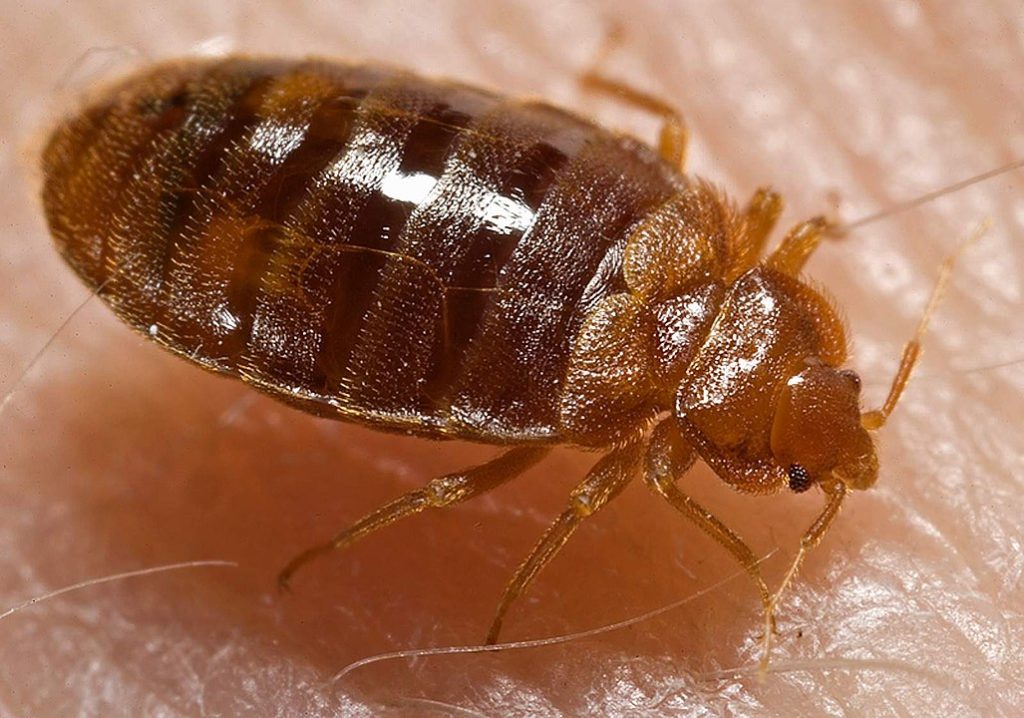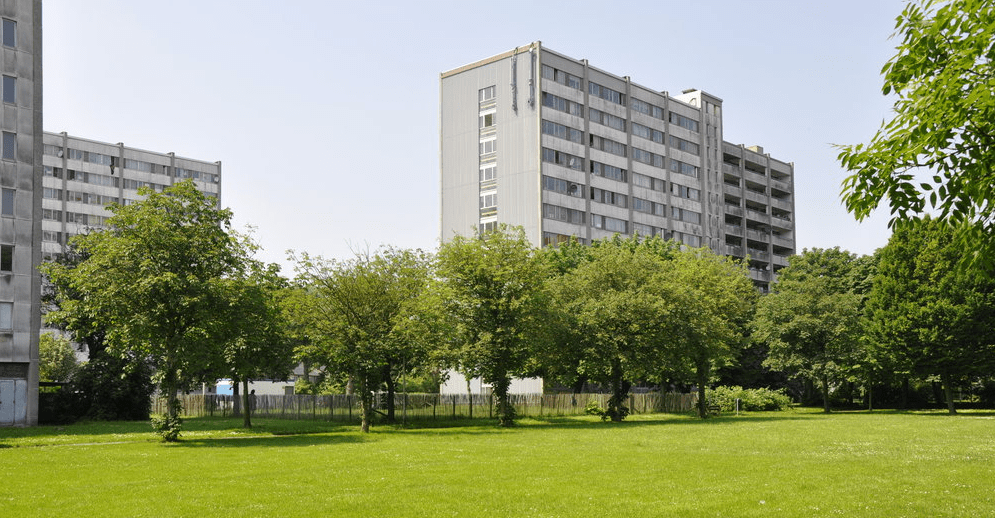Residents of blocks of social apartments in Ghent are being driven out of their homes by a plague of bedbugs and cockroaches, De Morgen reports.
The six 12-storey blocks of social housing form the new district of Nieuw Gent: Aurora, Jupiter, Milenka, Orion, Saturnus and Mercurius, to the south of the city centre, between Ghent and Zwijnaarde. Construction took place between 1976 and 1982.
The complex is administered by WoninGent, an agency of the city council.
The paper spoke to one former resident who had to leave his apartment in May because the problem had become too great, as the flat was overrun by both bedbugs and cockroaches.
“I lived among hundreds of those beasts, even during lockdown,” he said.
He contacted WoninGent to discuss the problem.
“I said I couldn't sleep because of the fear of those bugs. They finally sent a firm in July 2020 to exterminate the beasts. He sprayed a product around for five minutes.”
Later, he was presented with a bill for €455 plus €21 inspection costs. Not only did that far exceed his income of around €600 – of which WoninGent takes €300 a month – but the problem hadn’t even been resolved.
“They told me to keep living there and maybe they could move me to another place to live,” he said.
“But I couldn't take it any more and quit the apartment. I had lumps all over my body. It soon became clear that extermination would not solve anything: the building is very old. Those creatures are really everywhere.”
The paper spoke to other residents of the blocks, and heard similar stories of infestations and the high costs of ineffective decontaminations – both cockroaches and bedbugs are notoriously difficult to eradicate, requiring treatments carried out by specialists.
And insects are not the only problem: damp and mould are endemic in the housing blocks.
Chairs and mattresses lie around the streets and green areas, infested with mould. On one of the doors of the Aurora buildings hangs a notice advising tenants to ventilate their apartments well, because mould is present throughout the buildings.
WoninGent, the city’s official housing agency, issued a statement in its latest annual report.
“The steep advance of bed bugs in our buildings confronted WoninGent with a new problem in 2020: after all, bed bugs are not recognised as a threat to public health,” a statement which is simply not true. They may not transmit infectious diseases, but they can cause skin rashes and blisters, allergic attacks, and psychological issues.

A bed bug. © CDC/Wikimedia
“On the one hand, this means that WoninGent can only deploy limited resources to enforce access to the home in order to carry out a fight. On the other hand, the costs for the control in the home itself are therefore borne by the tenant, as is the case with all social housing companies and social rental offices.”
For such problems, however, and for people living in close proximity to each other, it is impossible to attribute the origin of an infestation to one particular tenant. The only effective solution, and the only fair one tenants say, would be to deal with the entire building at once, at the expense of the city.
That question came up in the Ghent city council meeting of March this year, raised by PVDA member Sonja Welvaert. In reply, councillor for social police Rudy Coddens (Vooruit), fell back on the infectious diseases argument, and rejected the proposal.

